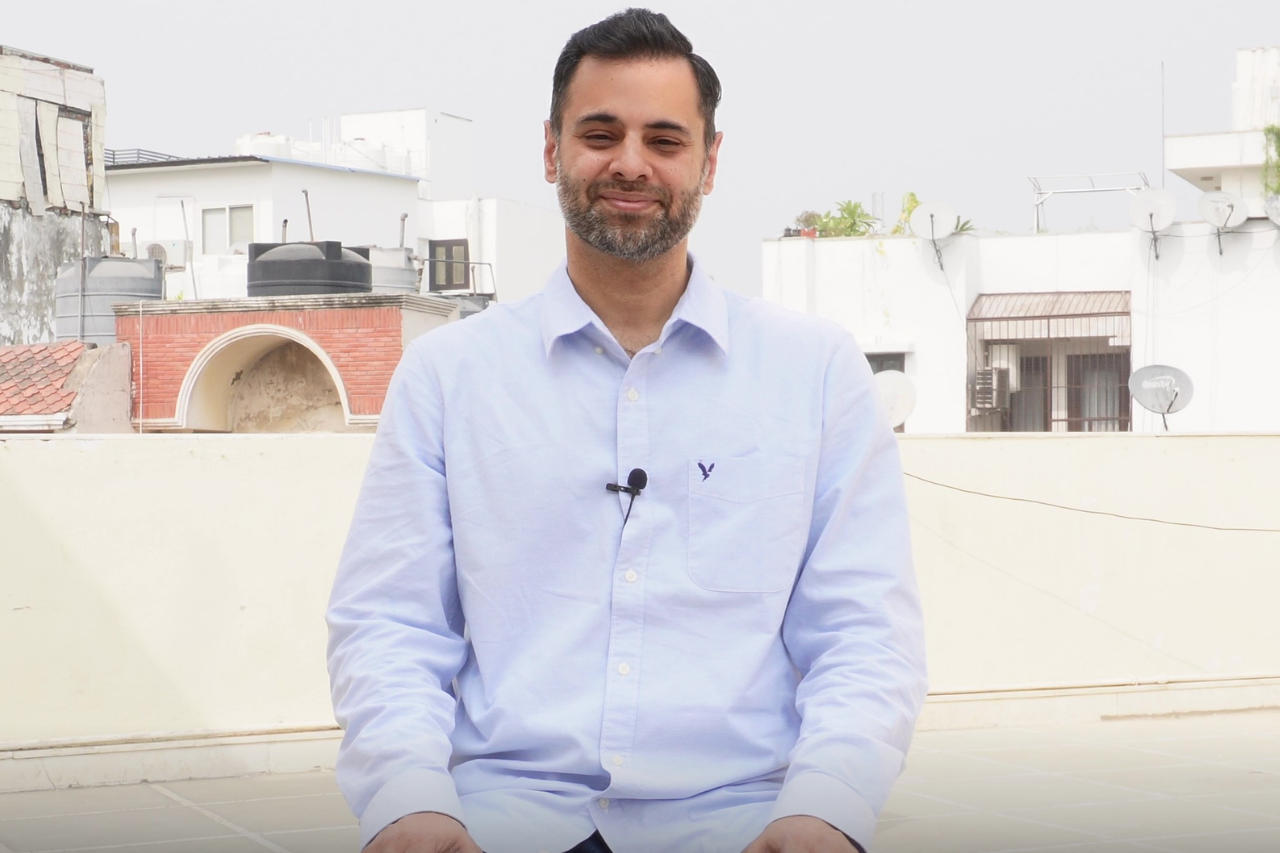Non-doership, in a nutshell, is the concept that we’re not the doers of our actions. Actions happen through individual mind-body organisms as directed by the cosmic law or divine will, but there is no individual doer of actions or receiver of consequences.
I had received a question regarding non-doership and karma. The question was something like this – this person asked me if I am not the doer of my actions, who is the one receiving karma? What is the significance of the law of karma?
And the answer is that once this sense of personal identification (that I am individual living a separate existence) dissolves, there is no karma. The concept of karma is from the perspective of the personal self or ego.
Karma is for the ego (personal identification). Once the realization settles that there is no such thing as the ego and that all the actions merely happen through the mind-body organism because of the cosmic law, there is no one to suffer the karma.
It does not mean that you will never experience pain because you cannot defy laws of nature no matter what.
For example, if you punch a wall, your body is going to get hurt because of Newton’s third law of motion, and that pain will be excruciating, but there will be no suffering because there is no individual there to suffer.
Pain in the moment is not suffering. Suffering happens in horizontal time as a function of the thinking mind, “Why me?,” “What have I done to deserve this pain?,” “It wouldn’t have happened if the stupid wall wasn’t so close to my hand,” and so on. Although, the body-mind complex reacts to pain in the moment.
It will be evident to the person or the ego that the reaction (force) from the wall was simply the law of nature – Newton’s third law – every action has an equal and opposite reaction.
So you see, the concept of non-doership eradicates the suffering in the horizontal (linear) time by shutting down the thinking mind.
Karma is only for the ego or individual who thinks It is the doer
According to the concept of Advaita, there is no “doer” of any action. Actions happen, and the corresponding consequences happen.
Ramesh Balsekar put it very clearly in a quote by Buddha that says, “events happen, deeds are done, but there is no individual DOER thereof.”
You may think that people may use this concept of non-doership to escape responsibility after performing unkind deeds. And yes, some people will definitely try to use the concept to justify unkind actions. If people can use any religious teachings to cause harm, they certainly can also use non-duality to do the same.
But you see, if there is no doer, and there is also no “receiver” of the consequences. It does not mean that the individual gets absolved of the consequences. The individual bound by karma remains accountable to society. So if I say that I can do anything I want because there is no “me,” then also there is no receiver (or “me”) of the consequences.
If I hit someone, then there is no one hitting anybody, but there is also no one getting the consequences (getting hit back or facing the law). My body and mind complex will be thrown in jail (as per society’s law).
While the organism faces the scrutiny of law, no individual is present here experiencing that. I hope this is not getting too confusing? It does not mean we go scot-free with whatever happens. As I mentioned earlier, Karma exists for the individual.
The crux of the teaching is that all phenomena that happen in duality have no fixed cause. When there is no real cause, there is no entity “doing” anything as such.
The sense of agency or the personal identification that thinks that he or she is the doer of their actions is a false concept that is the illusion created by the ignorance which gives this idea of doership.
In reality, there is no doership because there is no doer, and that is the greatest spiritual understanding because when you realize the fact that you are not the DOER of your actions; then you are freed from a load of guilt and shame.
At the same time, when you succeed at something, you do not create pride and arrogance, fully knowing that your so-called actions were not indeed yours …
For complete information, see the video above.

